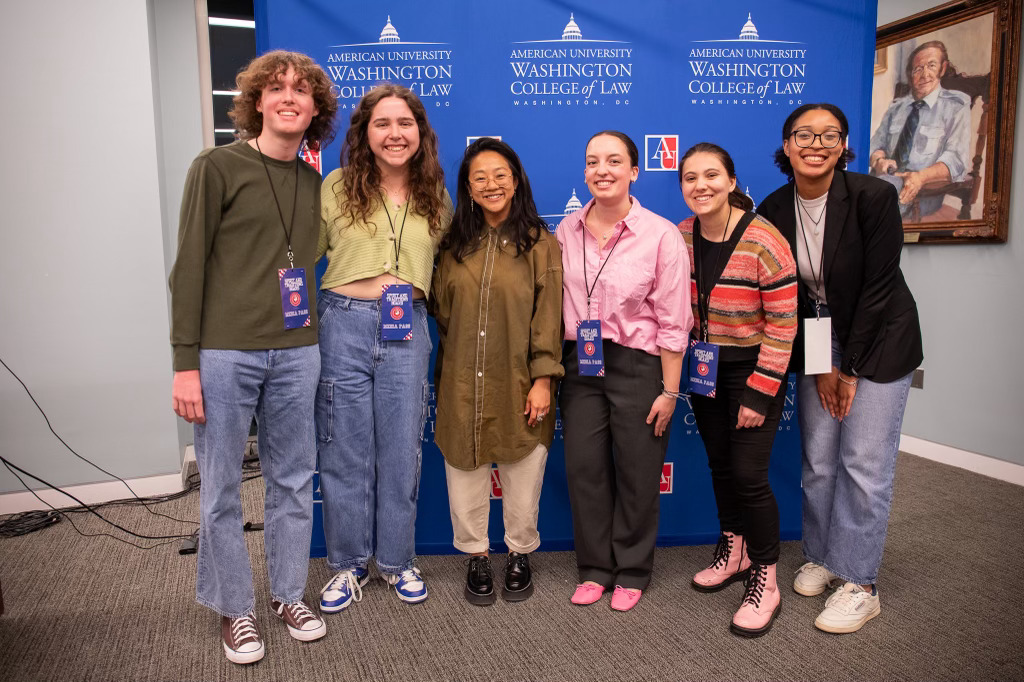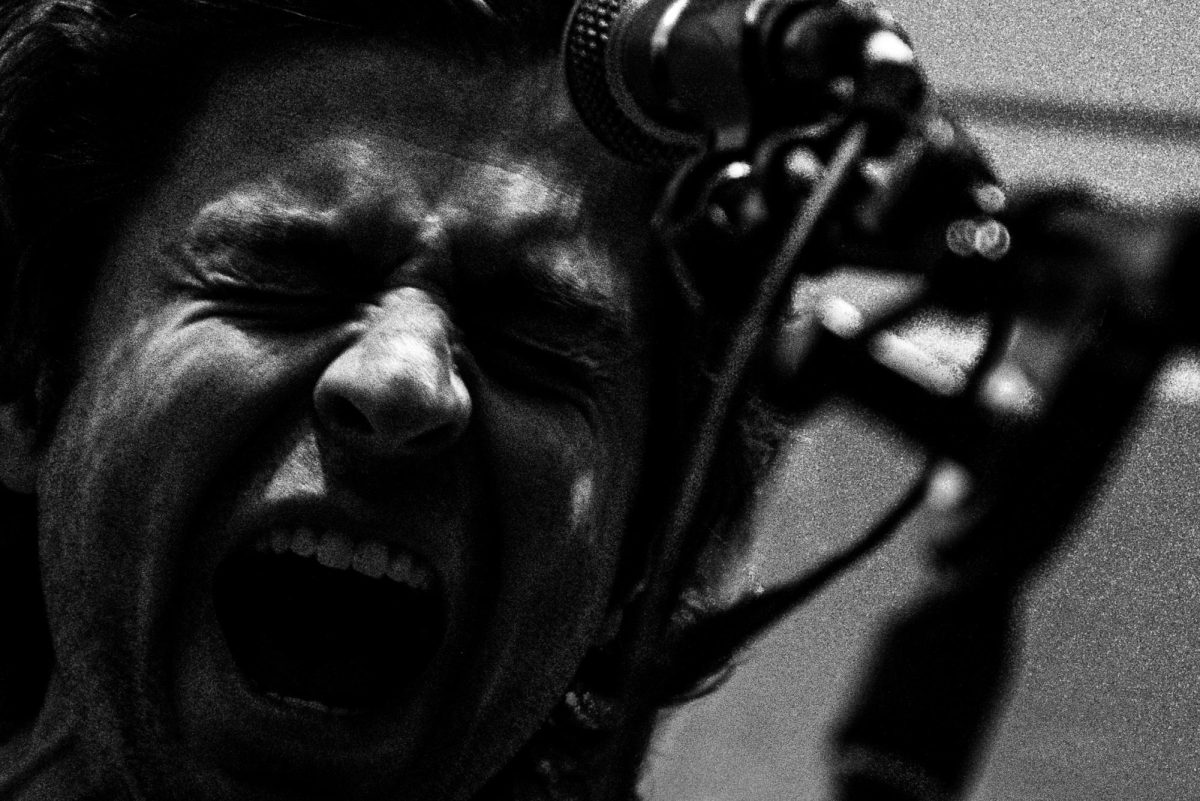Pop Exodus: So, You’re Writing a Thesis about Pop Music?
February 25, 2015
 Courtesy of The Independent.
Courtesy of The Independent.
Instead of actually writing the first 10 pages of my thesis due this week, I decided I would just write about writing about it as a bizarre act of masochism. When you’re a literature major, you have a year to write a 25+ page paper arguing about a text of your choice. I’ve started getting two basic reactions when people ask me about the nature of my thesis:
1) “Woah that is so sick, tell me more!Û
2) “Oh…that’s…cool. So. What does that have to do with literature?” Which, you know, is actually a fair question.
Lyrically, pop music can mean a lot of things to the people who know how to look for it. For example, while it’s really enjoyable for me to talk about the way female pop stars maintain a violent relationship with the body, I understand that I’m pulling a lot of lit analysis out of a few lines of music. The artists I’m focusing on (Lily Allen, BeyoncÌ©, Nicki Minaj and Janelle MonÌÁe) all approach their identities and their music in radically different ways. Their identities can come out in their lyrics, but I don’t just plan on analyzing “Anaconda” as a subversion of a black power fantasy.
The misleading thing about literature is that analyzing figurative language and structure is only one part of the pie. This is not your high school lit class, “the green light at the end of the dock is a symbol” ground into your brain until you actually want Gatsby to die. There’s character development and plot archetypes and, obviously, all of that context and history surrounding the work itself. To understand the real meaning of literature, you should probably understand something about lit theory at least on a superficial level. So when I’m writing about feminism and pop music, it’s because pop music and feminism intersect. Feminists responded — and are still responding to — a ridiculous amount of misogyny, homophobia, transphobia and racism in society. And, as an incredibly misogynistic, homophobic, transphobic and racist institution, the music industry is really just a reflection of society.
So what do pop stars do to resist an oppressive mechanism of society of which they’re a part? Sometimes, they adopt a brand of feminism. It’s not at a level of critical feminist theory you’d see in a piece by bell hooks or Judith Butler. Mainstream feminism is just that: mainstream.
Which is why it’s important for me to look at these artists’ mainstream feminism through the words they’ve spoken and rapped and sung. Then applying third and fourth and whatever wave we’re on now feminist theory to the ideologies that exist in their music and in their personas, to me, is probably the most stressful and heart-wrenching and expansive thing I could do with that. I know I didn’t really answer my imaginary thesis skeptics’ question. But writing this, explaining why I want to write a supposedly high culture, high theory, this-is-the-most-academic-writing-you’ll-ever-do-in-college paper about the supposedly basest, most disgustingly capitalist, most backwards mode of low culture I can think of off the top of my head ÛÒ there’s something about it that almost puts me at peace.
Also, I didn’t feature any music this week so here’s a Spotify playlist I made a few months ago featuring some #problematicfaves who think boys suck and girls rule (it’s not feminist but it’s close enough):
fck bois luv grls.













